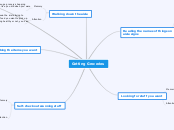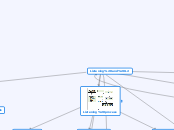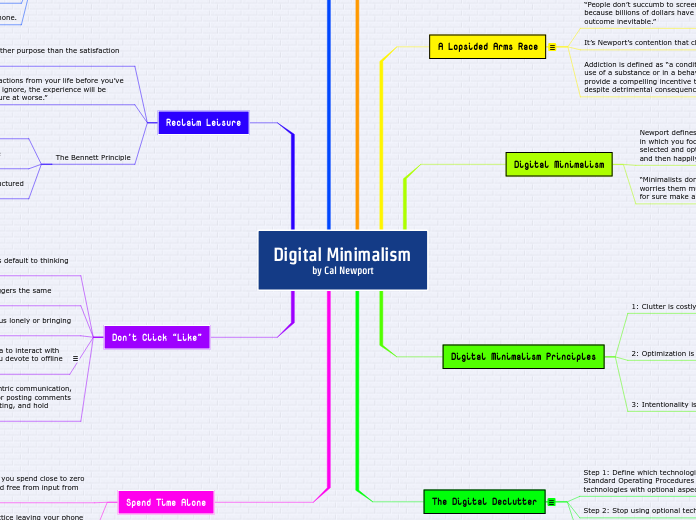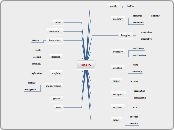par Melanie Rodriguez Il y a 9 années
148
Getting Groceries
Going grocery shopping involves a series of mental processes that engage both memory and attention. As you read signs in the store, semantic memory helps you recognize what items are in which aisles.









